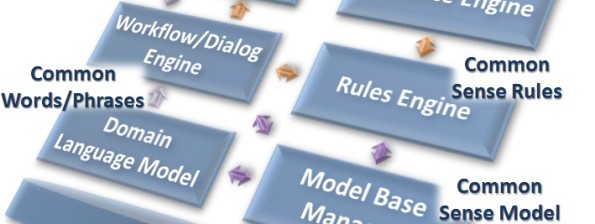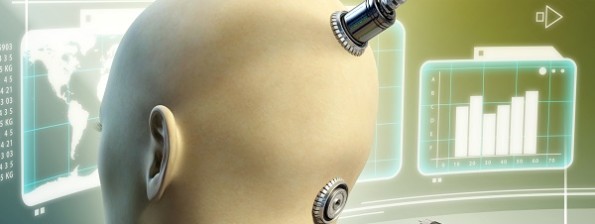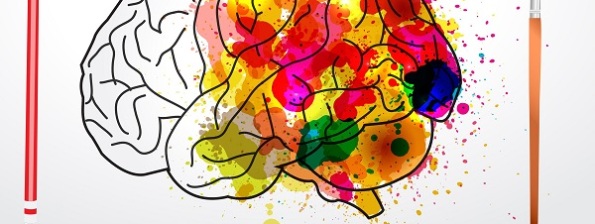Category Archives: Science
08 Feb Just In Time Knowledge

One of the beautiful things about the human brain is it’s adaptability: people can “change” their minds at the last minute based on the changing situation (context). This is not trivial, but I believe that it is one of the characteristics of human cognition that is relatively straightforward to mimic in computer programs and apps. In […]
14 Jan Segregating Layers of Intelligence

Layered Architectures Layers appear regularly in my blog, whether it’s layers of the brain, layers of processing nodes in artificial neural networks or layers in systems architectures. Layering embodies important patterns in the inexorable move toward a knowledge economy with knowledge systems. In today’s post, I’m going to talk about what layering brings to enterprise […]
29 Dec Unhuman Expertise

Artificial Intelligence has suffered from a persistent scale problem: up to now, many techniques have been shown to work well and reliably in narrowly defined domains, but outside the domains of their expertise, they fall apart very quickly. No techniques of which I am aware, have exhibited common sense in the way we expect humans […]
27 Dec Visualization Deception

The differences between the way computers think about things and the way humans process information can create significant dissonance and opportunities for misunderstanding. Both are in the business of finding answers, but approaches differ. While for humans, things we see with our eyes may be earliest and foremost in our thought process, it is almost always the […]
23 Dec Visual Knowledge Dimensions

Visualizing knowledge in graphs and charts empowers decision makers by giving them actionable knowledge in understandable format. To make this most effective, the labels on the graph must provide clearly defined context cues that make it easy to interpret. Converging data strategies using Big Data (Hadoop, NoSQL, Cassandra, MapReduce…) can change the way we access content […]
17 Dec Visualizing Knowledge

Visualizing Knowledge – Automatic Generation Words are so symbolic that even symbolic thinkers, like me, understand more when there’s a picture to go along with the words. is partly explains my crazy use of images in this blog. The various forms of graphical representations are superb inventions that enable us to view and understand mathematical data […]
10 Dec Measuring Knowledge

Sometimes you need to know about your knowledge. When you’re in the middle of trying to build a system that knows stuff, you may ask, how much does the system know after this training or learning cycle as a percent of the total knowable amount? When we test students in their learning cycles, we use a […]
26 Nov Planning and Scheming

Select a Knowledge Representation (KR) Scheme In prior posts I have been describing the steps of building knowledge systems. A major part of Step 3: Task 1 is defining how to store knowledge – selecting a scheme. Giarratano and Riley (1989) suggest making the selection of a scheme, such as rules, frames or logic, dependent upon […]






